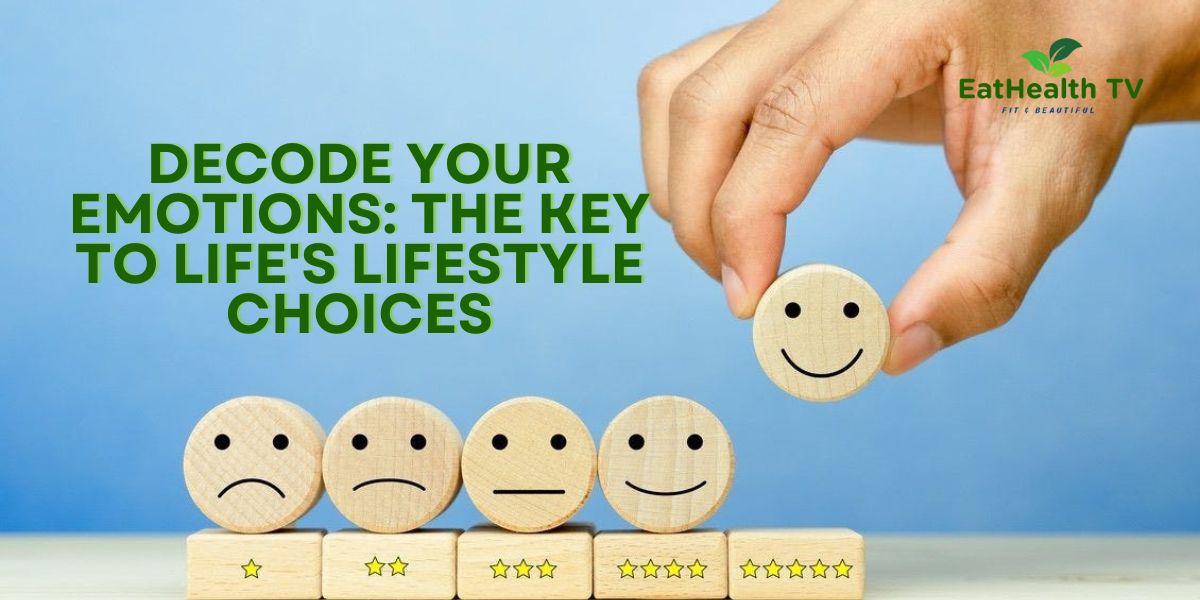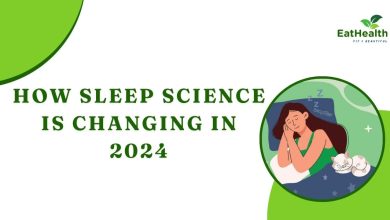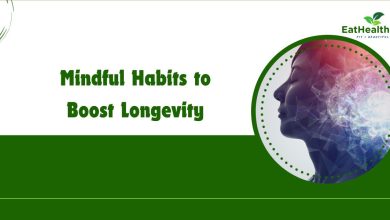Decode Your Emotions: The Key to Life’s Lifestyle Choices
Master Your Emotions: Unlocking the Key to Empowered Living
Decode Your Emotions: Transform Your Lifestyle Choices

To effectively decode our emotions and understand their profound influence on our lifestyle choices, it’s crucial to delve into the intricate relationship between our emotional well-being and daily decisions. This article will explore how emotions shape our behaviors, health, relationships, and overall quality of life. Let’s break down the journey of emotional decoding and its impact on our lifestyles.
Introduction
Emotions are the invisible threads weaving through the fabric of our lives, influencing everything from what we eat to how we interact with others. Understanding these emotions is akin to holding the key to a healthier, more fulfilling life. This article aims to unravel the mysteries of emotional decoding and highlight its significance in shaping our lifestyle choices.
Understanding Emotions
Emotions are complex responses to internal and external stimuli, encompassing a spectrum from joy and love to fear and anger. They originate from the limbic system of our brain, interacting with our thoughts, perceptions, and bodily responses. Each emotion serves a purpose, signaling our needs and guiding our actions.
The Science Behind Emotions
Neuroscience provides insights into how emotions are processed in the brain. The amygdala, hippocampus, and prefrontal cortex play pivotal roles in emotional regulation and memory formation. Chemical messengers like neurotransmitters and hormones further modulate our emotional states, influencing mood and behavior.
Impact on Health and Well-being
Emotional well-being directly impacts physical health. Chronic stress, often triggered by negative emotions, can lead to immune suppression, cardiovascular issues, and digestive disorders. Conversely, positive emotions foster resilience, strengthen immune function, and promote longevity.
Emotional Intelligence
Emotional intelligence (EQ) refers to the ability to perceive, understand, manage, and utilize emotions effectively. High EQ correlates with better interpersonal relationships, adaptive coping strategies, and overall life satisfaction. Developing EQ involves self-awareness, self-regulation, empathy, and social skills.
Emotions and Decision Making
Our emotions significantly influence decision-making processes. Emotionally charged situations can cloud judgment or enhance intuition, affecting choices related to career, relationships, finances, and health. Recognizing emotional triggers and employing mindfulness techniques can foster better decision-making outcomes.
Emotions in Relationships
Healthy relationships thrive on emotional attunement and empathy. Effective communication of emotions fosters trust, intimacy, and mutual understanding. Conversely, unresolved emotional conflicts can strain relationships and contribute to emotional distress.
Emotions and Lifestyle Choices
Our emotions shape various aspects of lifestyle choices, including:
- Diet and Nutrition: Emotional eating patterns influence food choices and eating behaviors. Stress eating or comfort foods provide temporary relief but may lead to long-term health consequences.
- Physical Activity: Positive emotions like enthusiasm and enjoyment promote regular exercise habits. Conversely, negative emotions or stress may deter physical activity, impacting fitness levels and overall well-being.
- Sleep Patterns: Emotional distress can disrupt sleep quality and duration. Addressing underlying emotions through relaxation techniques or therapy promotes restorative sleep and daytime alertness.
- Substance Use: Emotions often drive substance use as a coping mechanism for stress or emotional pain. Understanding emotional triggers and seeking healthier coping strategies is essential for substance use prevention and recovery.
Coping Strategies and Resilience
Building emotional resilience involves cultivating adaptive coping strategies to navigate life’s challenges effectively. Mindfulness practices, cognitive reframing, and seeking social support bolster resilience, enhancing emotional well-being and overall quality of life. Just as we know Green Lifestyle, Healthy Living: A Win-Win Approach
Conclusion
Decoding our emotions empowers us to make informed lifestyle choices that nurture our physical, emotional, and social well-being. By understanding the science behind emotions, cultivating emotional intelligence, and embracing healthy coping strategies, we pave the way for a fulfilling and balanced life.
In essence, our emotions serve as compasses guiding us through the complexities of daily living. By embracing emotional awareness and mastery, we unlock the potential for a harmonious and enriched lifestyle.




